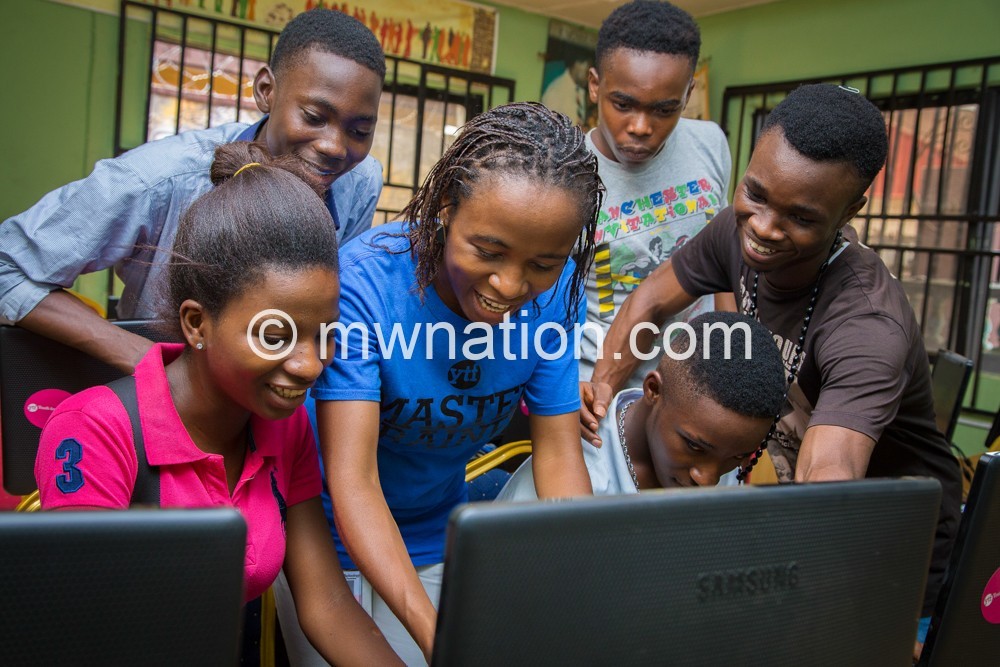Covid-19 aside, Malawians turn out in support of building new Malawi
Then Jesus approached and said to them: “All power in heaven and on earth has been given to me. Go, therefore, and make disciples of all nations,’ baptizing them in the name of the Father, and of the Son, and of the Holy Spirit, teaching them to observe all that I have commanded you. And behold, I am with you always, until the end of the age.”–Matthew 28:18-29
It is campaign season in Malawi and fever-pitch excitement is afoot all over the country for the fresh presidential elections. While Malawi Electoral Commission (MEC) chairperson Jane Ansah, commissioners and staff continue their preparations for this, there are rumours of June 23 as another date suggested for the elections; and to add to the fray, stakeholders have noted that MEC commissioners’ contracts end on June 5 2020. Will the newly-instituted MEC have enough time to organise logistics such as printing of ballots and acclimatising a new set of commissioners?
Amid these concerns is the looming danger of the highly contagious coronavirus (Covid-19) pandemic that has infected over 5 million people and killed over 330 000 around the world. Watching videos of ‘business as usual’ campaign rallies of Malawians, who enjoy the court’s decision to grant an injunction stopping a 21-day lockdown order issued by Mutharika in March, a myriad of questions are afloat on social media if Malawians are aware of the risk of contracting the virus that has infected over 1.6 million and killed 95 000 Americans since March 2020.
Where do Malawians stand, what is more important, and concerns them more? Covid-19 or the elections?
Eldson Chagara, a local journalist, told me that as far as he can see, to Malawians, it is elections first, and Covid-19 second.
I agree and this is partially a reflection of reaction to the Democratic Progressive Party (DPP)-led government which delayed action on the pandemic and whose ministers were caught on camera discussing Covid-19 allowances.
Malawians are displaying their anger, they are calling for change and relentlessly showing up in large numbers at the opposition Tonse Alliance rallies, because they crave for a new Malawi. Every time I see the videos on social media, I am reminded of 1993 and 1994. I am reminded of 1961.
For 31 years (1963-1994), former president Hastings Kamuzu Banda introduced development projects in Malawi that were propelled by his signature three Gwero dreams (a university in Zomba, capital city in Lilongwe, and the lakeshore road). And then came democracy; we have had 25 years of no-show development (except Bingu’s Nsanje Inland Port, the Parliament Building, Kamuzu Mausoleum, and the four-way carriage on Kamuzu Highway; and former president Joyce Banda’s chiefs houses, enhanced gender equality, the Bwaila Fistula Hospital, and the United Nations (UN) Women country office.
Malawi is poor and its people are hungry. The poverty is so deep, unemployment has worsened the situation, and Malawians are looking for a miracle to end the dreadful trends. These bread and butter issues resonate with the Malawi population.
Then enter the Tonse Alliance with its 22-point Consolidated Manifesto, energising Malawians with a rare dose of hope. My five favourites are:
1. Rule of law. Malawians are tired of lawless leaders who flout the country’s laws because of their political affiliations, or they are of a particular tribe.
2. Universal fertiliser subsidy. Malawi is an agricultural-based society. The subsidy where Malawians will buy a 50kg bag of fertiliser at the subsidised rate of K4 495 will boost household food security.
3. Creation of one million jobs for the youth. The plan to create jobs through government rural-based projects is instilling hope in the youth, something which has not been felt in the last six years.
4. Vocational skills for youths. The youth of Malawi has for the last 25 years been used as political scare tools for political opponents, many of them when they are not at rallies. Vocational skills will inspire them to venture into entrepreneurship for improved incomes.
5. Restructuring of the academic year. The academic year restructure goal is an indicator of a government that cares about the future of Malawi education as a whole and young learners in particular.
Long live genuine democracy!


